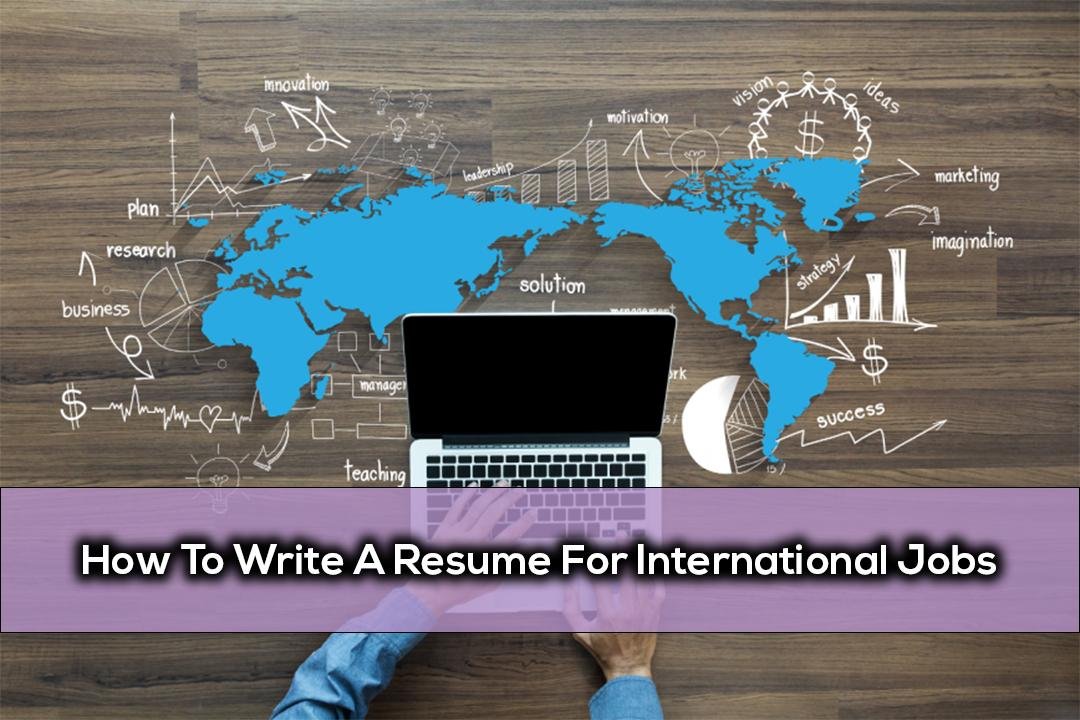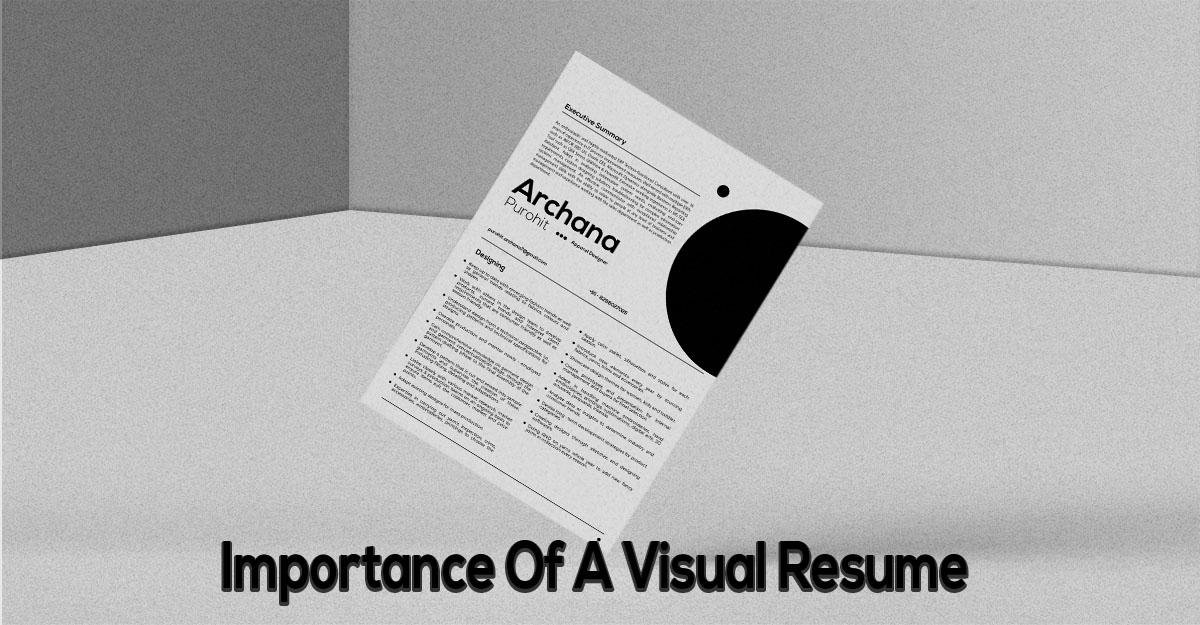The Role of Emotional Intelligence in Negotiation: Tips for Success

In the realm of negotiation, the ability to navigate complex emotions can be the key differentiator between success and failure. It's not just about mastering the art of persuasion or possessing intricate knowledge of the subject matter; it's also about understanding and managing the emotions at play. This is where emotional intelligence (EI) steps in as a critical tool for negotiators. In this article, we'll explore the profound role of emotional intelligence in negotiation and provide actionable tips for harnessing its power to achieve favorable outcomes.
Understanding Emotional Intelligence in Negotiation
Emotional intelligence, as defined by psychologist Daniel Goleman, encompasses the ability to recognize, understand, and manage both your own emotions and those of others. In negotiation, this translates to being aware of the emotional cues and dynamics present in the interaction and using this awareness to guide your behavior and responses.
One of the primary components of emotional intelligence in negotiation is empathy. Empathy allows negotiators to put themselves in the shoes of their counterparts, understanding their perspectives, needs, and concerns. By empathizing with the other party, negotiators can build rapport, establish trust, and uncover shared interests, laying the foundation for mutually beneficial agreements.
Tips for Success: Leveraging Emotional Intelligence in Negotiation
-
Cultivate Self-Awareness:
Before stepping into a negotiation, take the time to reflect on your own emotions and triggers. Understand how your emotions may influence your decision-making and communication style during the negotiation process. -
Listen Actively:
Effective negotiation requires active listening, not just to the words being spoken but also to the underlying emotions and intentions. Practice attentive listening to pick up on subtle cues and signals from the other party. -
Manage Emotions Constructively:
In the heat of negotiation, emotions can run high. Learn to regulate your emotions and respond to challenging situations with composure and tact. Avoid reacting impulsively and instead, strive to maintain a calm and rational demeanor. -
Empathize with the Other Party:
Put yourself in the shoes of the other party to understand their perspective, concerns, and motivations. Demonstrating empathy builds trust and rapport, fostering a collaborative atmosphere conducive to reaching mutually beneficial agreements. -
Focus on Win-Win Solutions:
Instead of approaching negotiation as a zero-sum game where one party's gain is another's loss, strive to find solutions that satisfy the interests of both parties. Look for creative compromises and trade-offs that maximize value for all involved. -
Adapt to Different Communication Styles:
Recognize that people have diverse communication styles and preferences. Flex your communication approach to accommodate the preferences of the other party, whether they prefer direct and assertive communication or a more collaborative and indirect approach. -
Build Long-Term Relationships:
Successful negotiation is not just about securing a favorable deal in the moment but also about building enduring relationships. Invest in cultivating trust and goodwill with your counterparts, laying the groundwork for future collaboration and mutual success.
Conclusion: Elevate Your Negotiation Game with Emotional Intelligence
Emotional intelligence is a potent tool for negotiators seeking to navigate the complexities of human emotions and relationships. By honing your emotional intelligence skills, you can enhance your ability to connect with others, manage conflicts effectively, and achieve optimal outcomes in negotiations. Remember, negotiation is not just about reaching a deal; it's about fostering mutually beneficial relationships that endure beyond the negotiation table.
As you embark on your journey to master the art of negotiation, consider how emotional intelligence can be your secret weapon for success. Cultivate self-awareness, practice empathy, and strive to build trust and rapport with your counterparts. By harnessing the power of emotional intelligence, you can elevate your negotiation game and unlock new opportunities for personal and professional growth.









